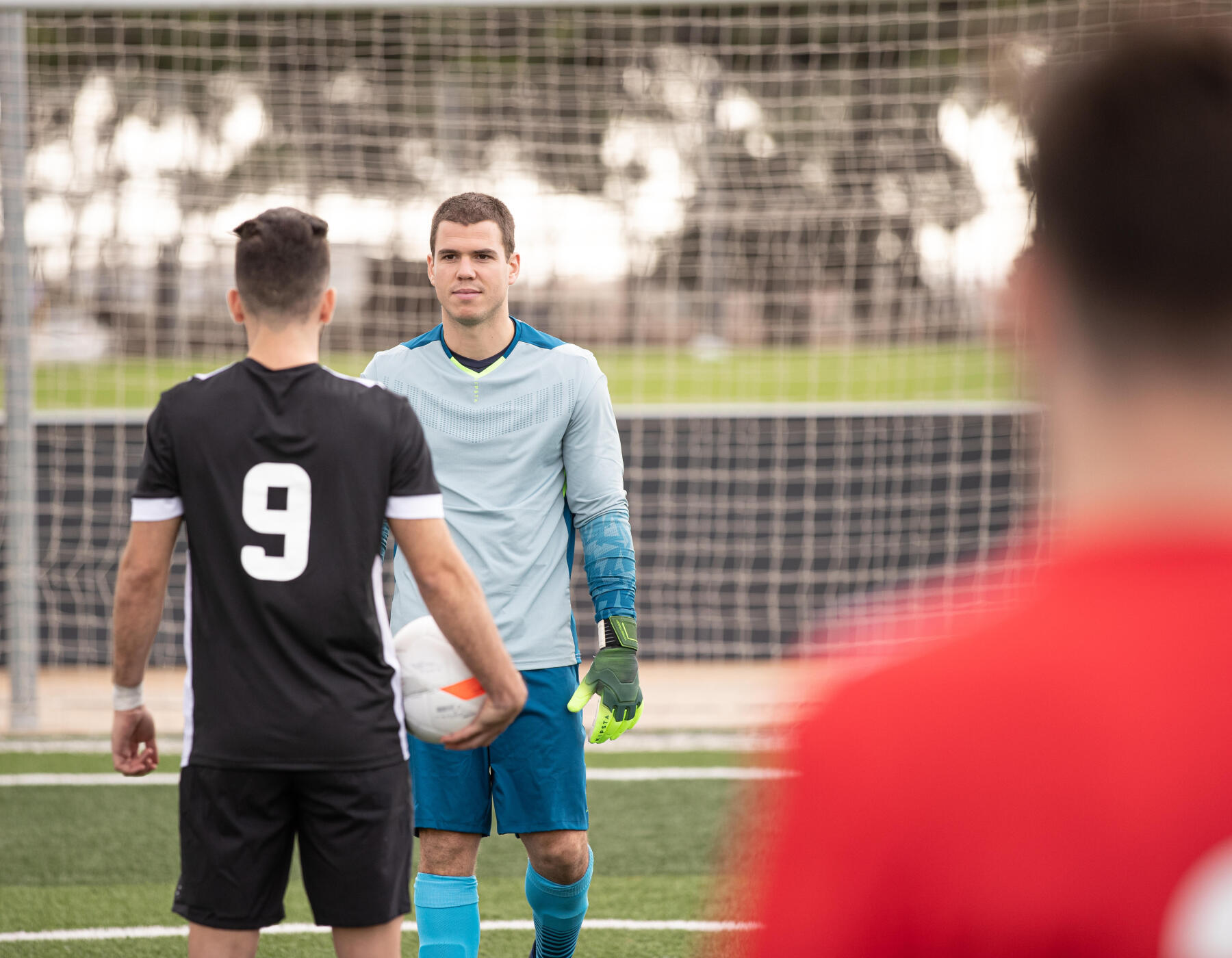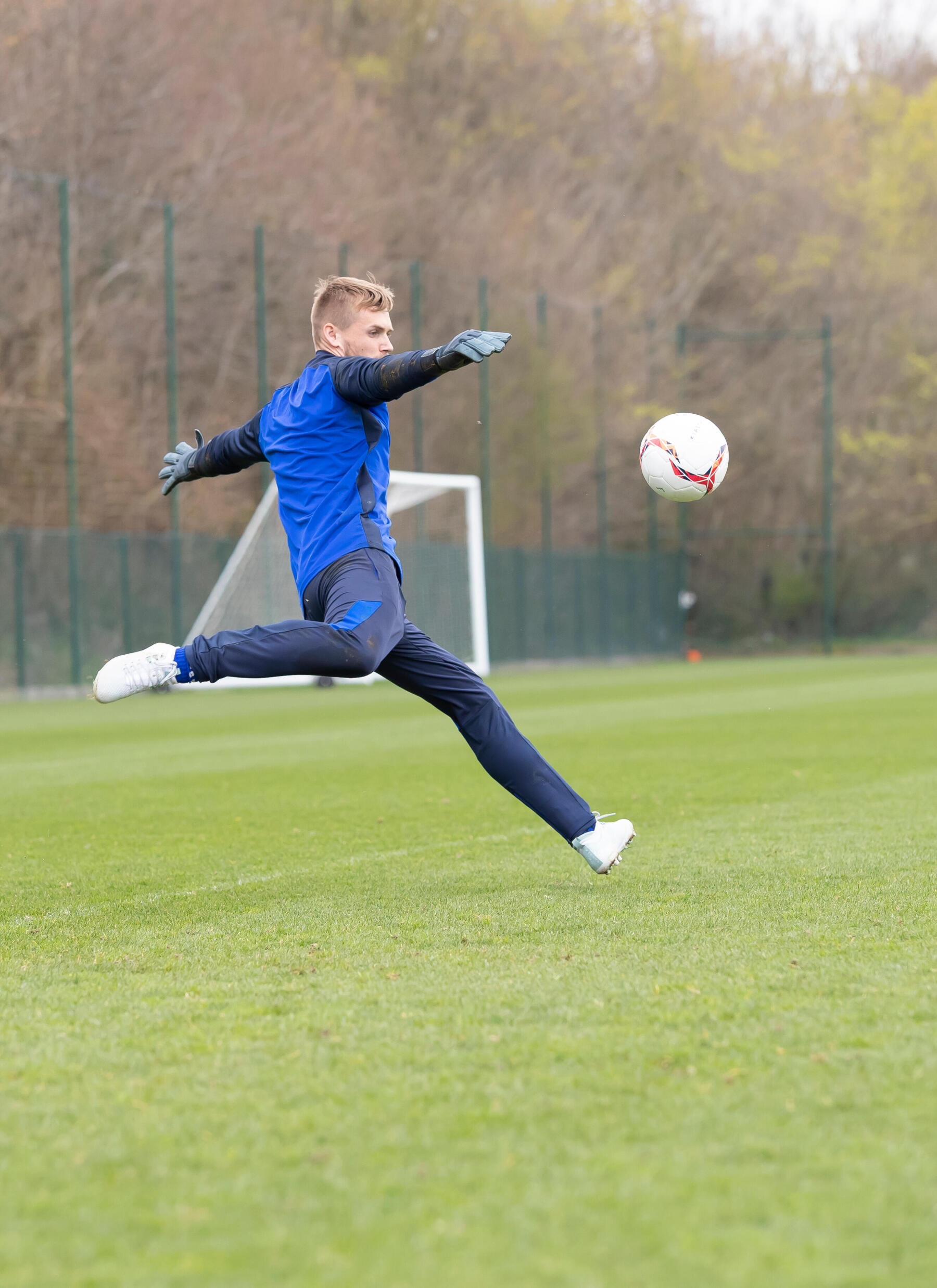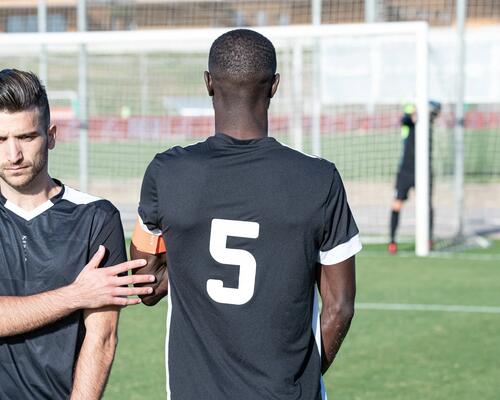Mental toughness
4-4-2. 4-3-3. 3-5-2. When we talk tactics, we are usually only referring to 10 players. Interchangeable, moving, these are the outfield players that everyone focuses on. The goalkeeper is never mentioned because it's a given that they'll always be there, in front of the goal. As if their position could be summed up as just protecting their team's net. However, in modern football, the goalie's role is much more comprehensive. Here is a (non-exhaustive) review of the skills they need.
The first quality of a good goalkeeper is mental toughness: they need to stay focused at all times. That may seem obvious but, with this position, the smallest mistake can be fatal. The goalkeepers are more exposed and can rarely count on a teammate to catch their blunders. Just ask Luis Arconada, Loris Karius or even David James.








